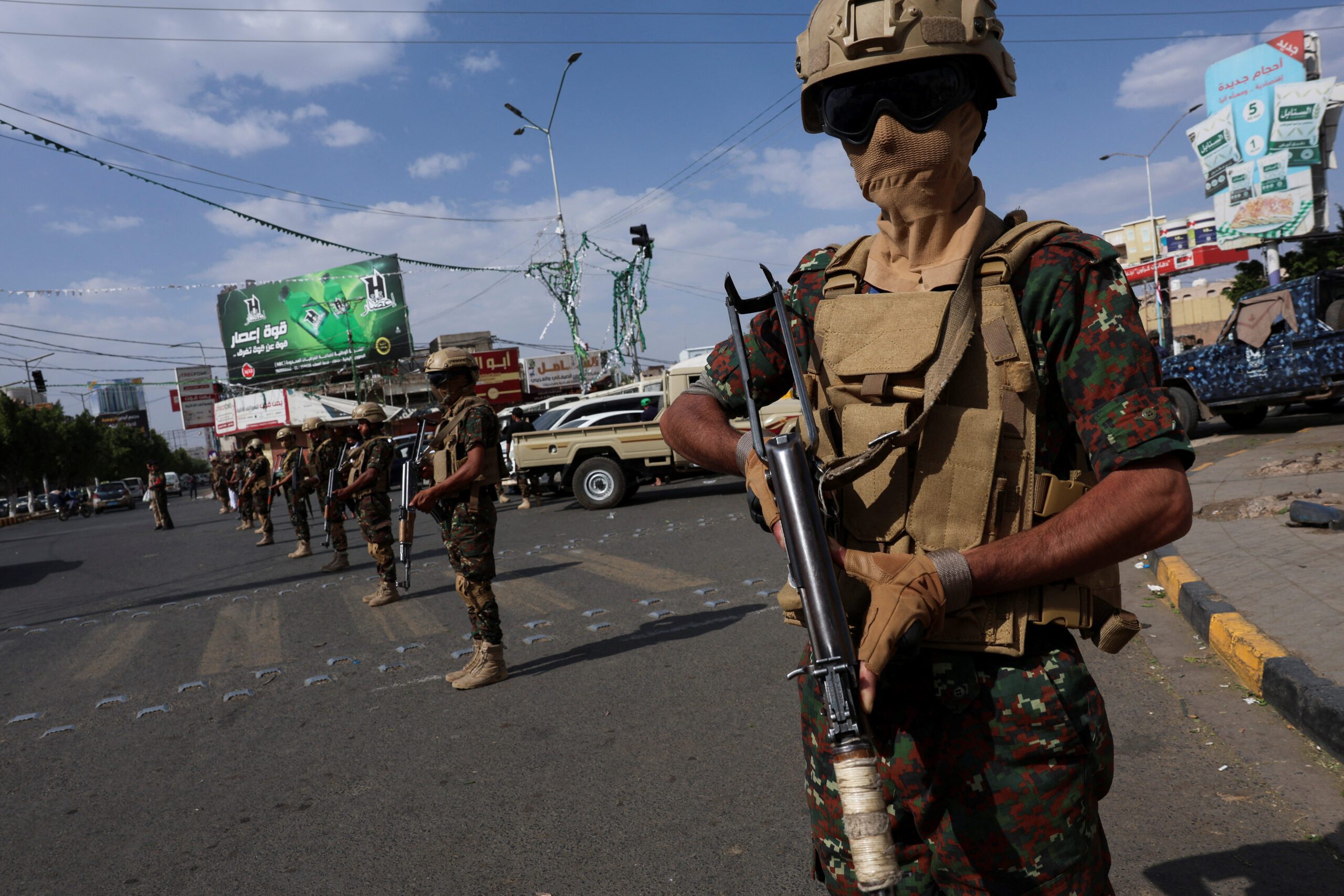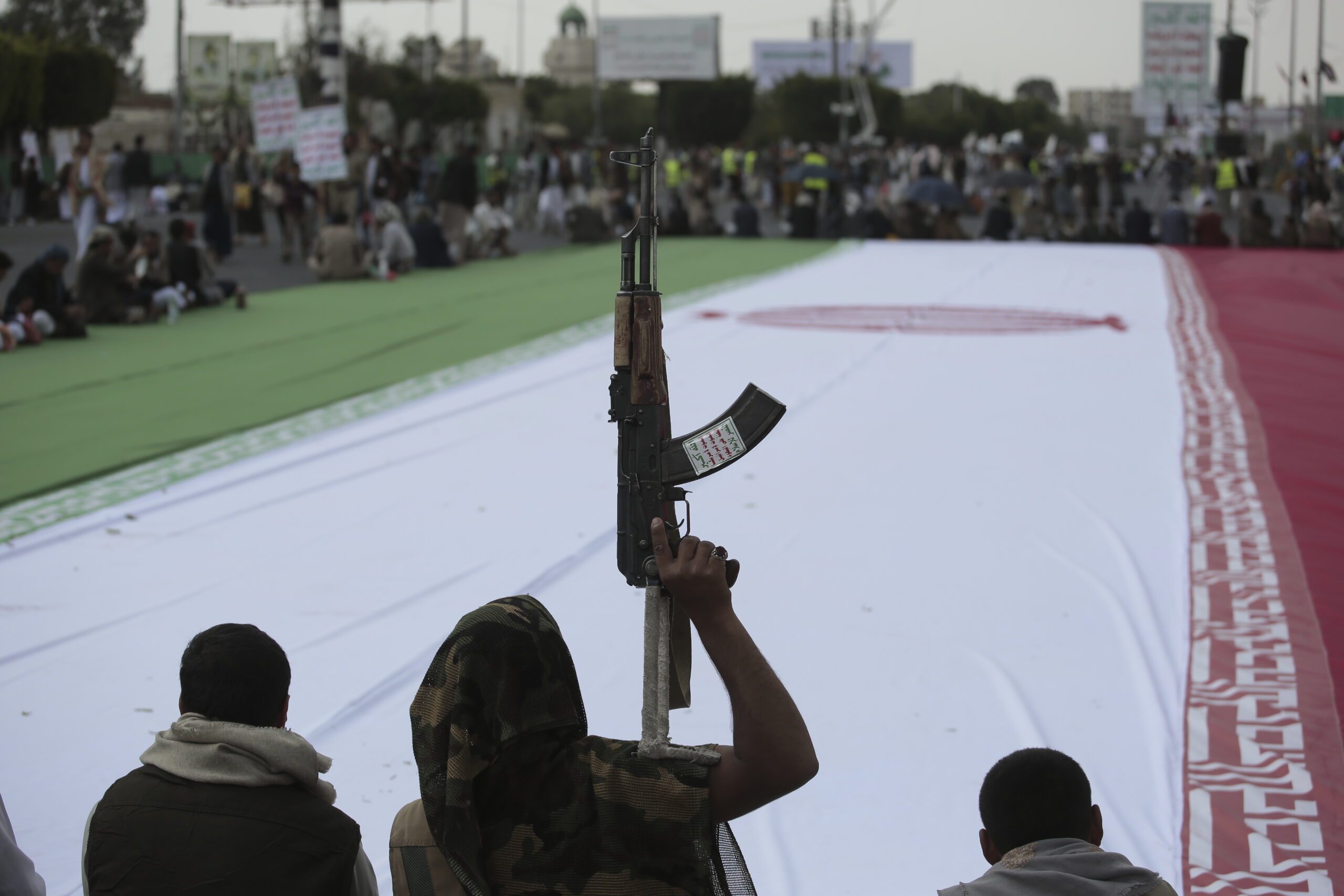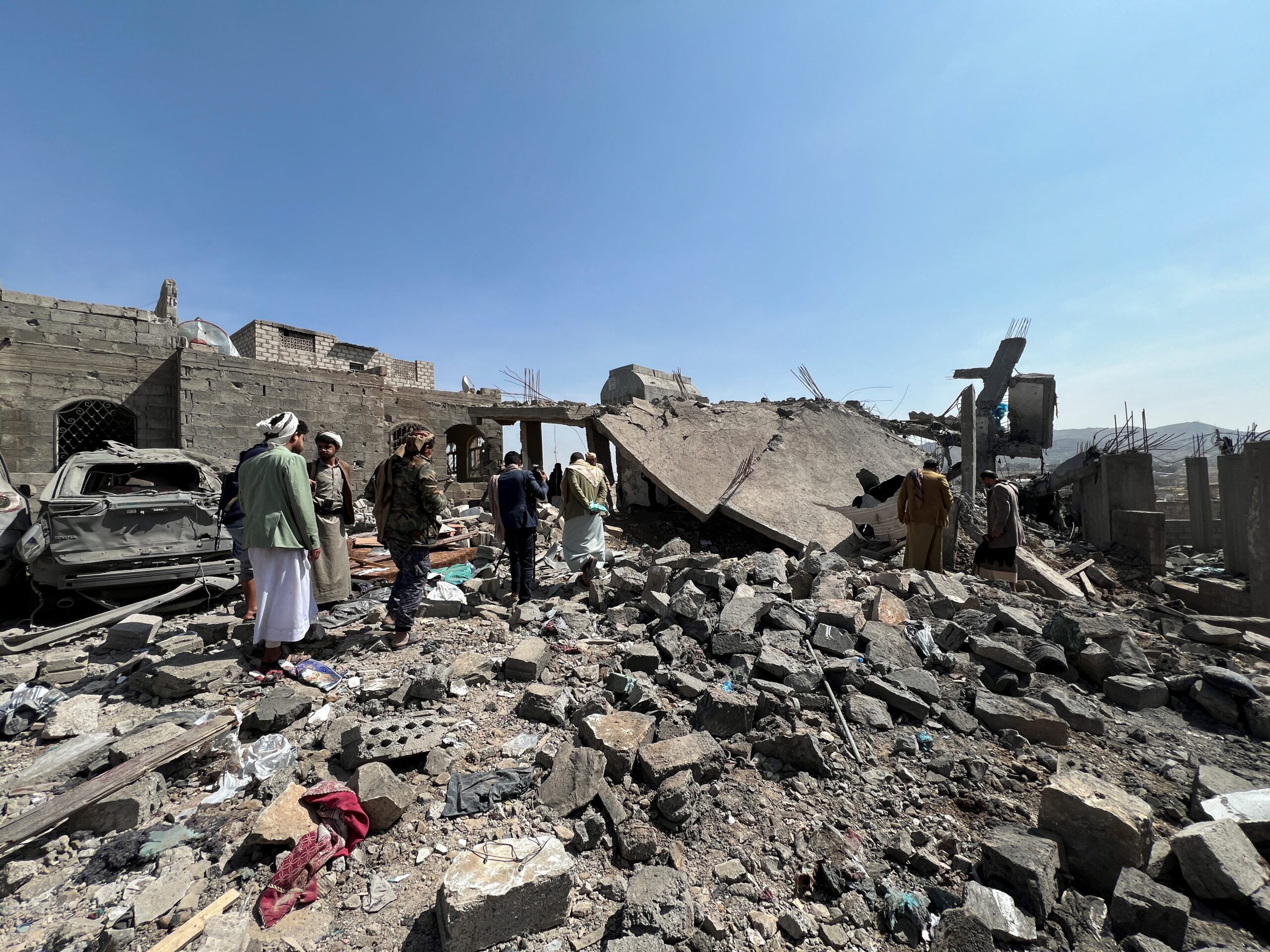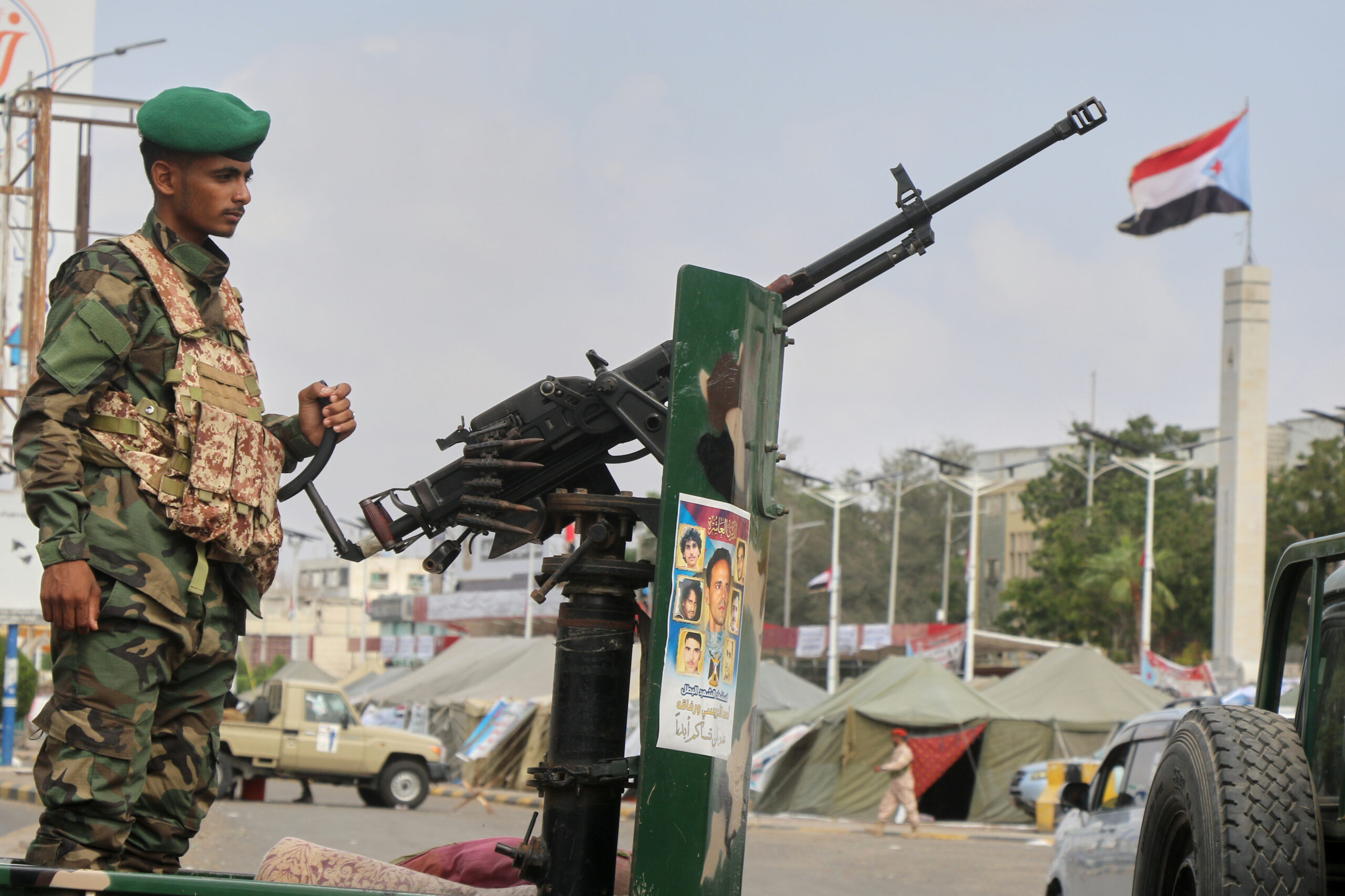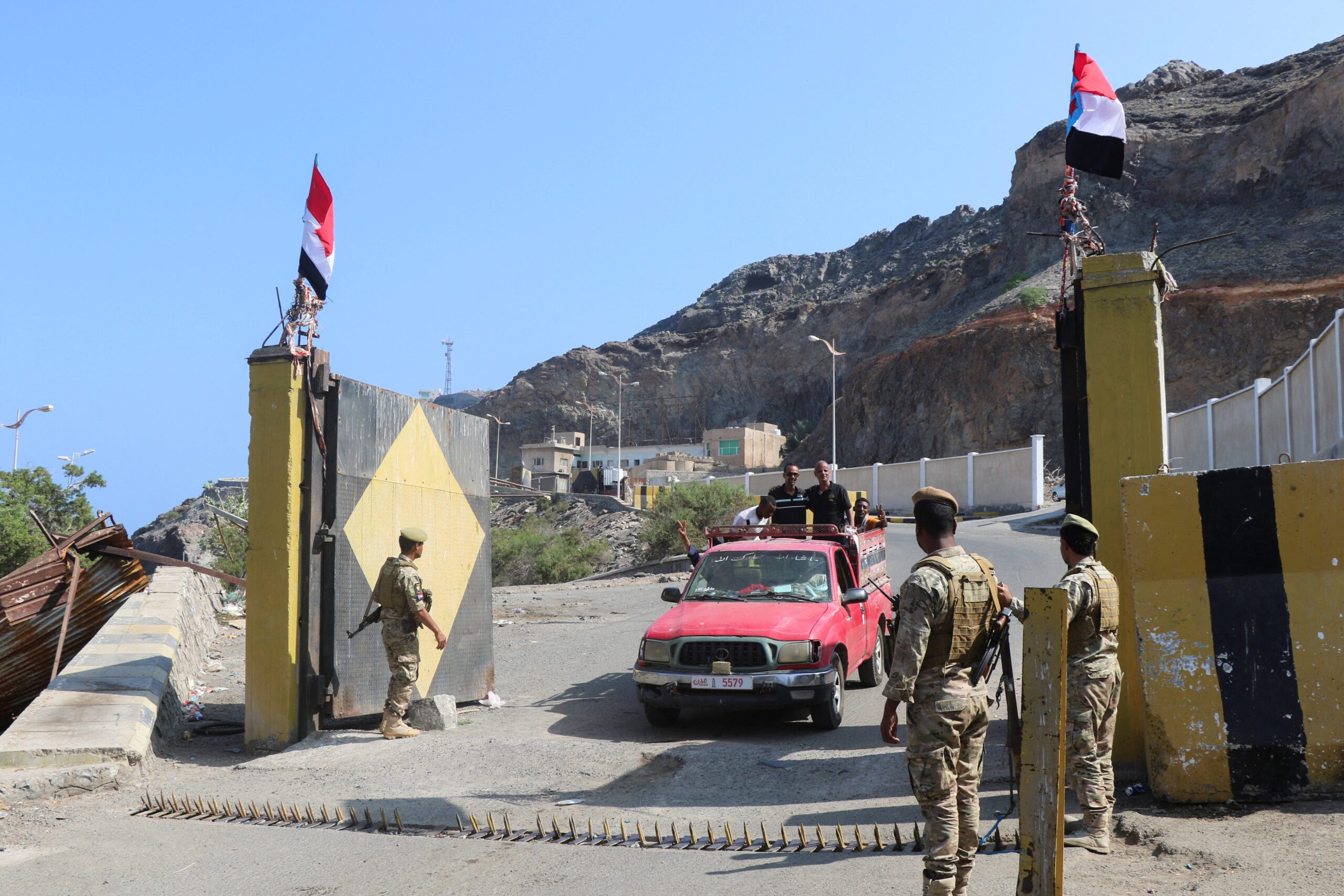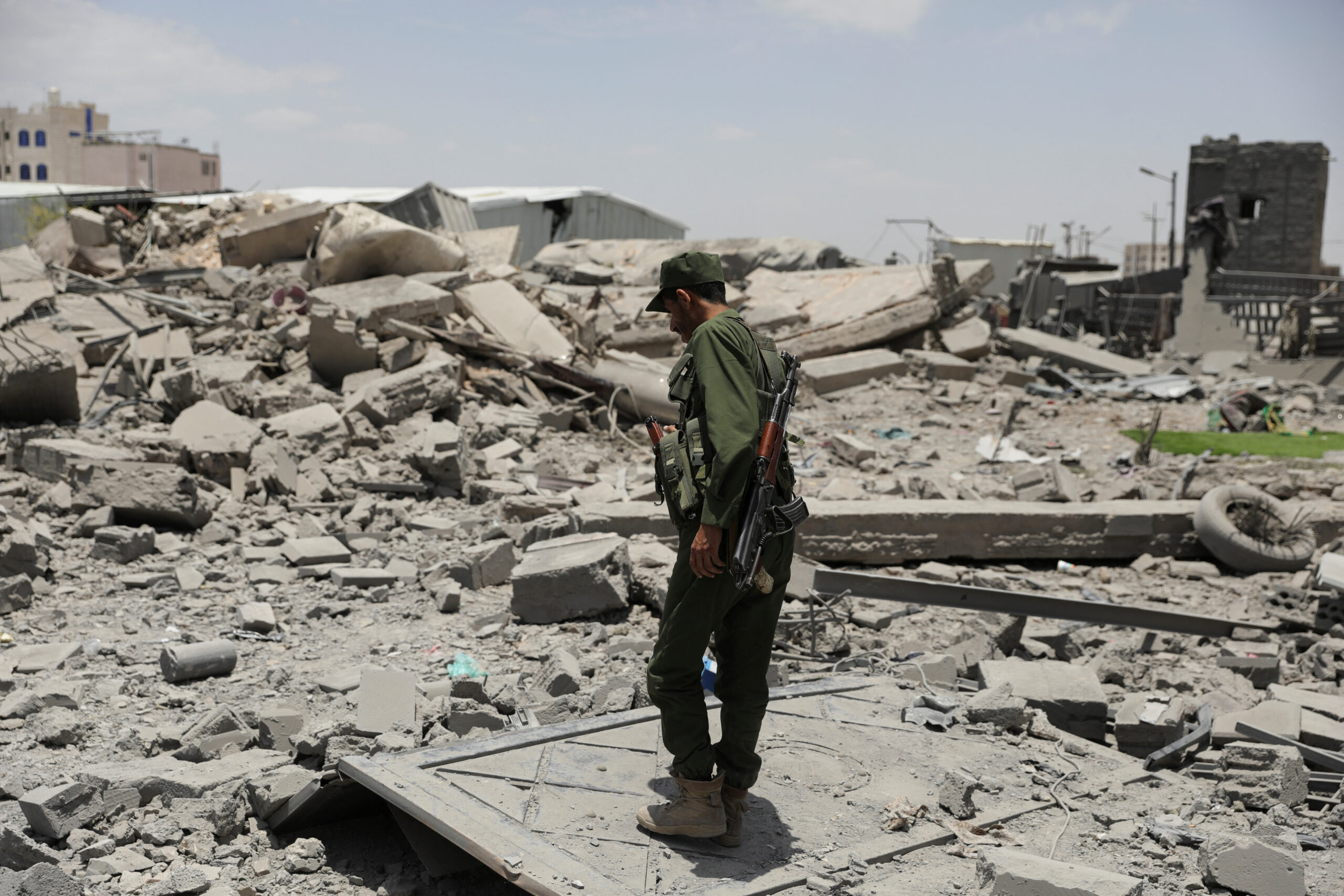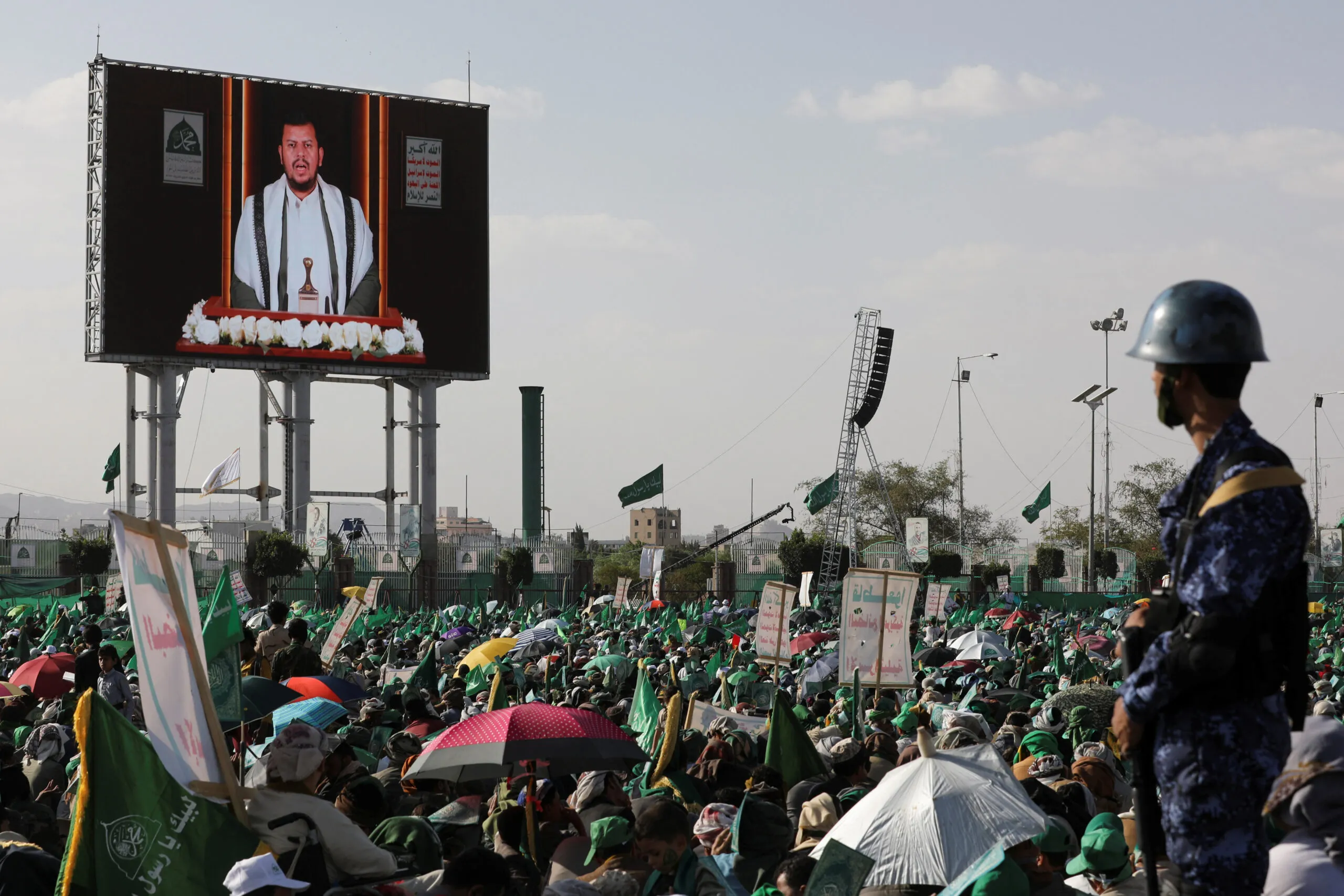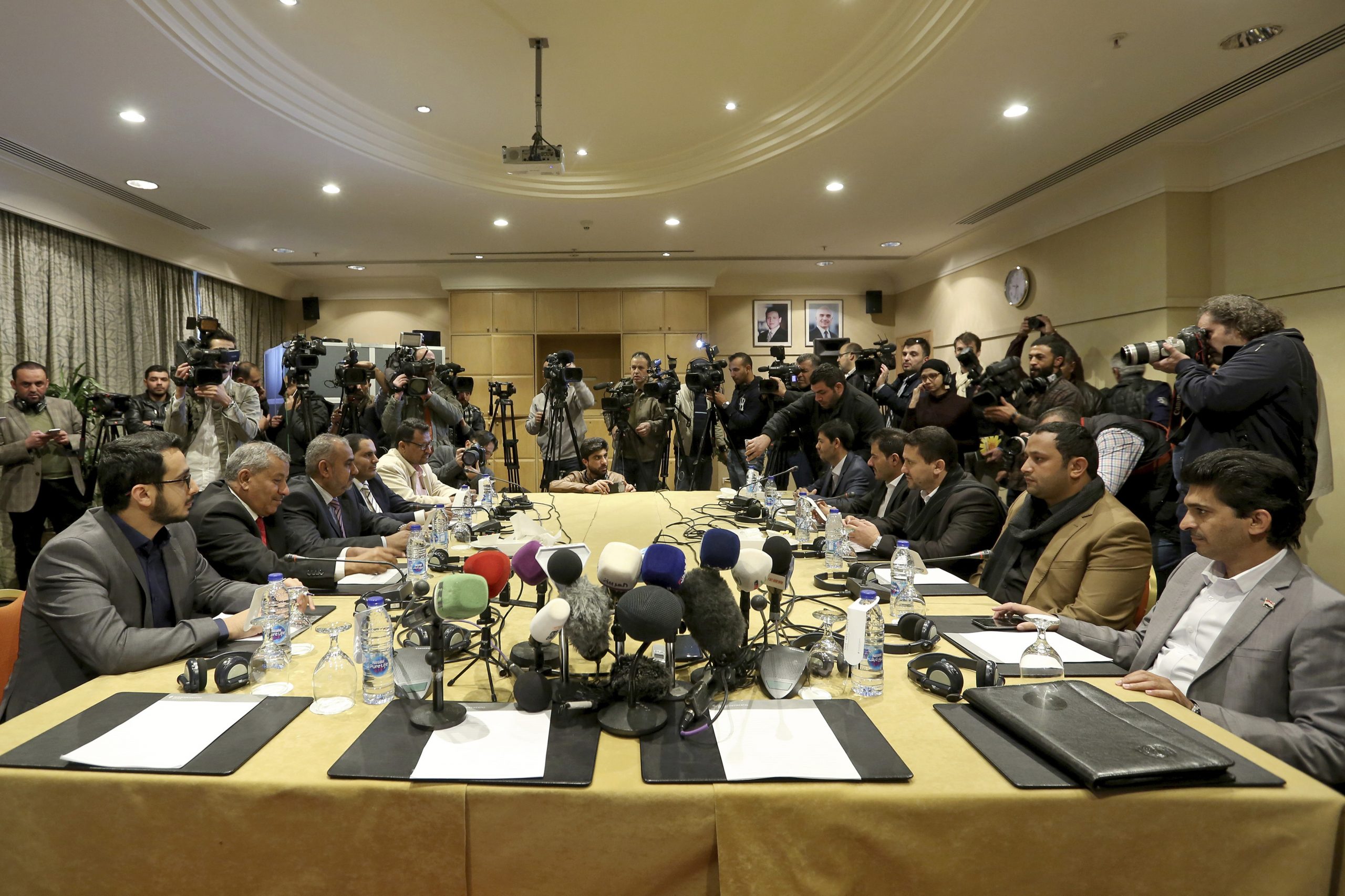The Houthis have a decision to make. For most of the past two years, the Houthis have positioned themselves as defenders of the Palestinian cause. What this has meant in practice is Houthi attacks on commercial shipping in the Red Sea, missile and drone strikes on Israeli targets, and crackdowns on United Nations staffers in Yemen. The U.S.-brokered peace deal between Israel and Hamas earlier in October, however, has removed, at least temporarily, the Houthis’ public justification for these attacks.
The Houthis have at least three possible options moving forward. They could cease all attacks, basically adhering to previous pledges they have made. They could continue to strike Israel, claiming either that the deal doesn’t apply to them or, alternatively, that Israel is continuing to carry out attacks on Palestinians. Or, perhaps the most likely course of action, the Houthis could use the deal in Gaza as an opportunity to regroup while looking to continue the fight in the future.
Option #1: End the Attacks
The Houthis could easily use the Gaza peace deal, as tenuous as it is, as an excuse to de-escalate and end their strikes on commercial shipping and Israeli targets. After all, the Houthis and their allies have taken a beating over the past year.
In Gaza, Hamas is a shell of its former self. Lebanese Hezbollah is fractured, fragmented, and under new leadership after Israel’s assassination of Hassan Nassarallah in late 2024. Iran’s Islamic Revolutionary Guard Corps, one of the Houthis’ biggest backers, was decimated during Israel’s 12-day war with Iran in June. And the Houthis, themselves, absorbed over 1,100 U.S. strikes in March and April, which may have had more of an impact than was initially assumed. More recently, Israeli strikes have killed top Houthi leaders, including the military chief of staff, Mohammed al-Ghamari, which the Houthis covered up for two months, signaling at least some internal concerns.
The Gaza peace deal, in other words, may have come at exactly the right time for the Houthis, providing them with a face-saving off-ramp. The problem with this approach, however, is that peace doesn’t deliver what the Houthis need or want.
The Houthis are not currently positioned to survive long term in Yemen. To position themselves as the long-term ruling authority in the north, the Houthis need an economic base. This is one of the main reasons the Houthis have been so focused on Marib in recent years, throwing men and money at various offensives meant to take the governorate and its oil and gas fields. At the most basic level, the Houthis want what someone else holds. The only way to get it is to take it by force. An end to the fighting would mean the Houthis are left with only the territory they currently control, none of which holds the economic resources the group will need to survive into the next decade.
Of more immediate concern is the growing domestic dissent in Houthi-controlled territory. On October 25, seasoned Yemen observer Mohammed al-Basha posted a video of Yemeni businessmen in Sanaa angrily confronting Houthi officials about overly restrictive rules and regulations. Combine the Houthis’ poor record on governance with an economic crisis and the continued fallout from Israeli strikes, and the domestic situation looks increasingly unstable.
Traditionally, the Houthis have muted public dissent by circling the wagons against an external foe – the Yemeni government from 2004-10, Saudi Arabia and the United Arab Emirates from 2015-23, and the United States and Israel since 2023 – but that becomes nearly impossible if the Houthis aren’t involved in active conflict.
Option #2: Continue the Attacks
The second option the Houthis have is to continue as they have for much of the past two years, carrying out attacks on shipping in the Red Sea and targets in Israel, saying essentially that the group isn’t a party to the peace deal. Alternatively, but with the same end, the Houthis could say that as Israel hasn’t fully withdrawn from Gaza neither can the Houthis fully end their attacks.
Continuing the strikes would obviously allow the Houthis to pursue both of their domestic goals – taking more territory and squashing dissent – but it is far from clear whether the Houthis are actually in a position to continue the fight at scale. Operation Rough Rider, the two-month U.S. air campaign against the Houthis, may have done more to damage Houthi weapons stockpiles than originally assumed. Combine that with a number of recently interdicted weapons shipments and the Houthis, however much they want to continue the fight, may not be in a position to do so.
This may have contributed to the Houthis’ lack of activity during Israel’s 12-day war against Iran as well as the drop-off in Houthi attacks on commercial shipping in late 2024 and 2025. There have been some spectacular strikes – the sinking of MV Magic Seas and the Eternity C, for example – but the overall number of strikes has declined. The Houthis may be in a position to fire sporadic missile and drone strikes at Israel, but these have had little impact.
Option #3: Pause the Attacks
If both option one and two are unworkable for different reasons, that leaves option three: pause attacks while the Houthis regroup. This seems the Houthis’ most likely course of action. The Houthis would like nothing more than to continue fighting, as they believe their goals can only be achieved through conflict, but, like most parties involved in the war, they need to regroup.
The Houthis need more weapons from Iran and to reorganize the group’s military after Israeli strikes and some defections. There are already signs that the Houthis are, at least temporarily, stepping back. This past week, as Mohammed al-Basha pointed out, was the first time in 107 weeks the Houthis did not hold a pro-Gaza rally. Nor did Houthi leader Abdul Malik al-Houthi give his typical weekly speech.
This also fits a pattern that the Houthis developed during their initial wars against the Yemeni government, rounds of fighting interspersed with tenuous cease-fires that allowed them the space and time to regroup. In this case, the Houthis are likely to wait until either the domestic pressure grows so great that they feel like they have to restart the war or until they have built back their weapons stockpiles to the point that they can restart the war. Either way, the war isn’t over for the Houthis.
The views represented herein are the author's or speaker's own and do not necessarily reflect the views of AGSI, its staff, or its board of directors.

